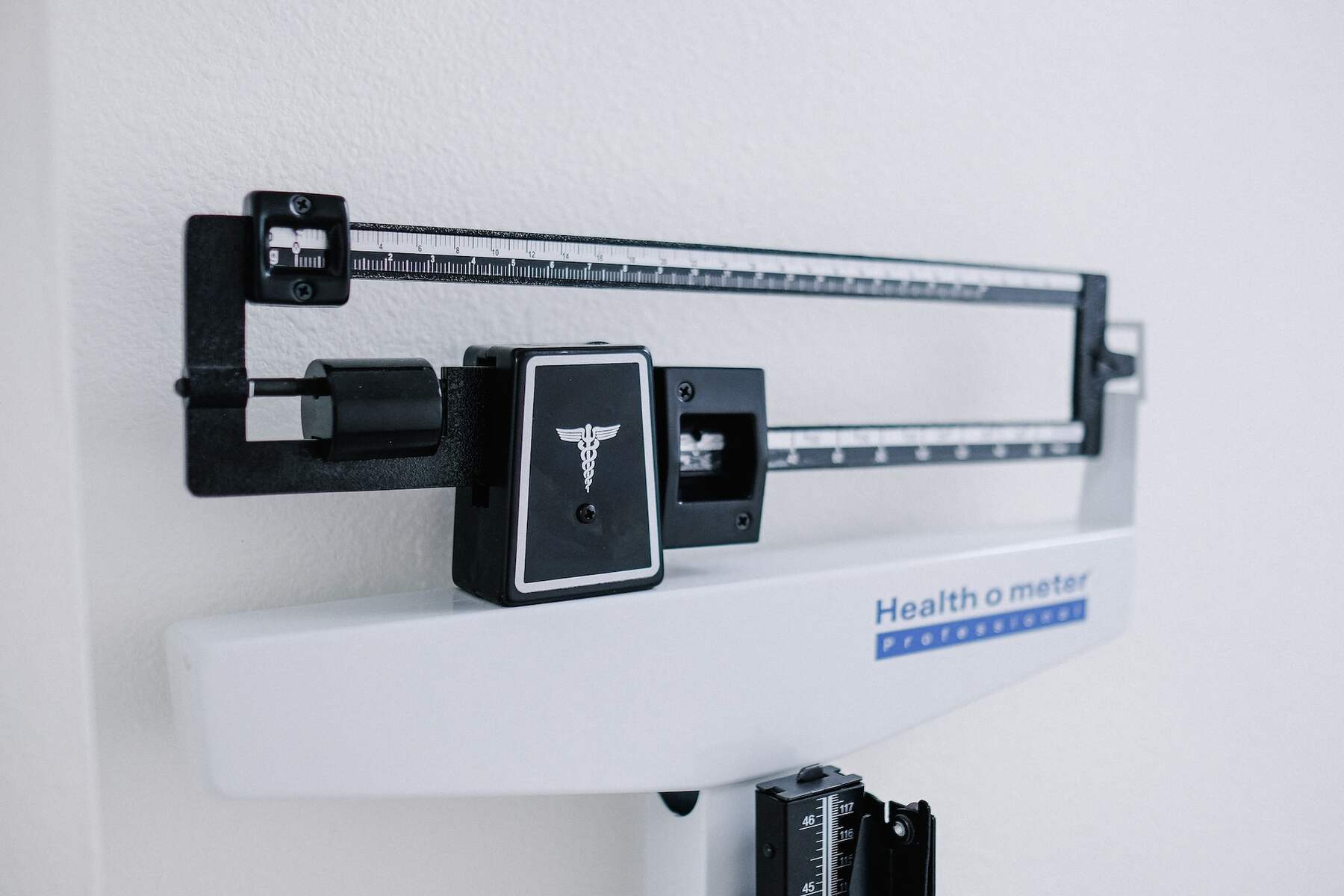Wild Content
-
The popularity of the Gary Brecka Diet stemmed from his different perception of nutrition, fasting, and health. The word has just been mentioned, and you do not know its meaning; you cry over the word and move to learn what...
-
Can dogs eat beef tallow? Dog owners worldwide want to know if beef tallow will be safe for their dogs to consume. Dog owners often want to add animal fat into their pets' diet but feel unsure about its safety...
-
I am still waiting to notice any results after taking the supplements. Taking supplements helps enhance your overall health effectively. Your supplements function below the surface to correct nutritional shortfalls and boost your body's operations, no matter if you detect...
-
Are you frequently tired or irritable, gaining weight unexpectedly, or struggling with sleep? These could be signs of a hormone imbalance affecting countless people worldwide. In this blog post, we'll explore The Wild Foods Co. Hormone Balancing Diet: an innovative...
-
Whey isolate lacks much lactose and sugar compared to whey protein, making it ideal for persons with lactose intolerance or even followers of low-carb diets. Whey isolate, on the other hand, provides a better proposition per serving since it packs...
-
The Paleo diet, focusing on foods our ancestors might have eaten, can be a healthy and rewarding dietary approach. However, fresh produce and high-quality proteins can add up cost-wise. Fortunately, with some strategic planning and smart shopping, you can follow...
-
Fasting, voluntary abstinence from food for a certain period, is not new. It's been practiced for centuries as part of religious rituals, self-discipline exercises, or health regimes. Today, it's being rediscovered as a powerful tool for weight loss and improved...
-
Unsweetened cocoa powder is a type of cocoa powder that has not been treated with any added sugar or chemicals. It is a natural and healthy alternative to traditional cocoa powder, often containing processed ingredients and added sugars. One of...
-
The keto and Atkins diets are two of the most popular low-carb diets known for their effectiveness in weight loss and health improvement. While they share some similarities, they also have key differences that make one more suitable for you,...
-
Banana bread is a classic treat that can be eaten for breakfast, snacks, or dessert. While traditional banana bread recipes contain all-purpose flour and sugar, this guide will show you how to make a healthier version with wholesome ingredients like...
-
Are you looking for some easy and healthy Paleo breakfast ideas? Having a high-protein breakfast will assist in jumpstarting your metabolism and provide sustained energy throughout the day. But developing new breakfast recipes every day can take time and effort. The...
-
Learn how to gain weight on a plant-based diet with tips and a meal plan for building muscle, increasing energy, and supporting overall health.
-
Learn essential diet planning principles with expert advice for effective strategies. Enhance nutrition, achieve goals, and transform your lifestyle today!
-
Looking to shed some pounds with keto? Discover all you need to know about keto gummies for weight loss and how they can help you reach your goals.













